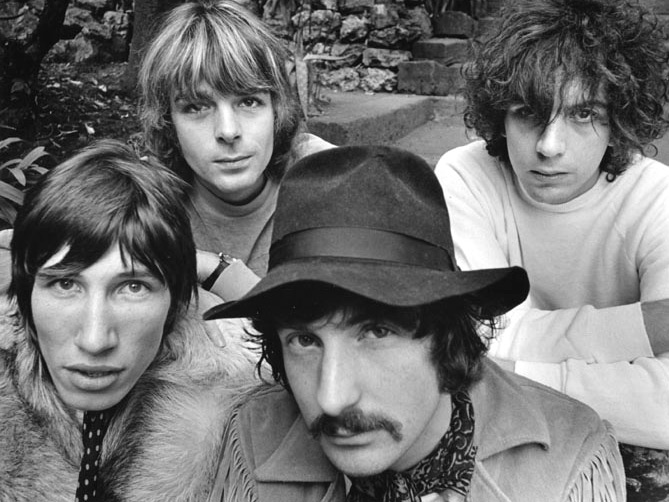Pink Floyd had a clear vision every time they entered the studio. Their approach was all about crafting immersive experiences, not just settling for average songs. Richard Wright noted that Roger Waters pushed the boundaries too far on The Final Cut.
Waters had taken charge since Syd Barrett‘s departure, with David Gilmour contributing stellar guitar work and songs. However, Waters was driving every aspect of their projects, culminating in The Wall.
But Waters couldn’t let go of that concept. He wanted to revisit it, resulting in an album that felt like scenes from an unfinished play. Even Gilmour questioned the inclusion of songs that seemed better suited for deletion.
While Gilmour had issues with the songs, Wright’s struggle was more personal. He felt sidelined during The Final Cut, playing parts assigned by others. “I didn’t like it, but I might be biased due to my situation,” he admitted.
Wright believed Waters’ ego had grown too large, leading to conflicts and ultimately Waters leaving the band. The power imbalance caused lasting rifts.
Despite criticism, The Final Cut didn’t end Pink Floyd; The Wall did. Waters’ dominance led to a fractured band dynamic they never fully recovered from.
While Gilmour’s albums had highlights, they lacked Waters’ lyrical depth. Even Wright’s contributions felt incomplete without Waters.
Even today, Gilmour and Waters clash over the Pink Floyd name, politics, and song usage. Their best work happened when they worked together, but their post-split bitterness remains palpable.

